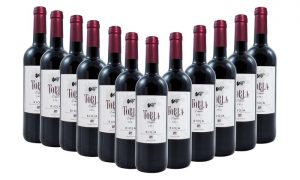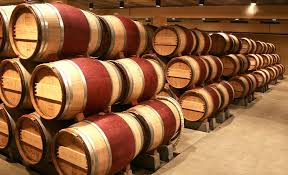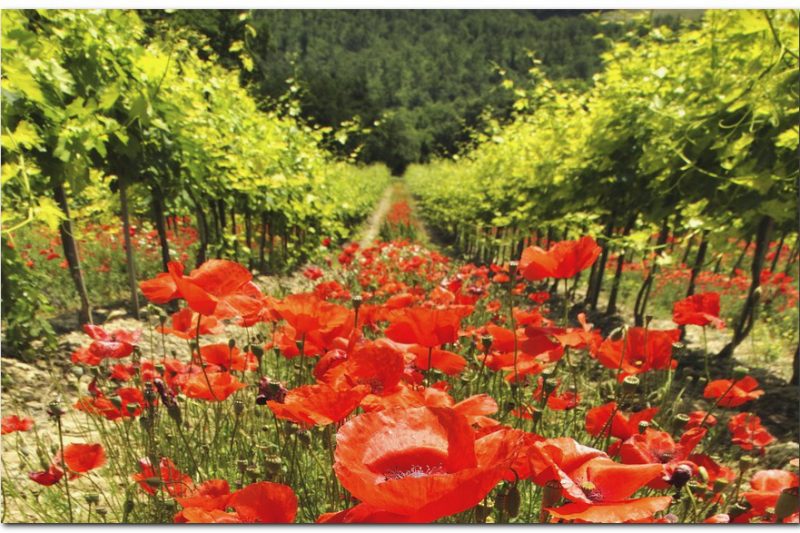Bordeaux startup « Space Cargo Unlimited » led by Nicolas Gaume and his counterpart Emmanuel Etcheparre, sent on this Saturday 02 November 2019; 12 bottles of Bordeaux red wine on the International Space Station (ISS) from the NASA site on Wallops Island (USA).
Can space be used as a laboratory for wine to combat global warming climate?
 It was during a walk, five years ago, that Nicolas Gaume, today Global Director of strategic partnerships of Microsoft, and Emmanuel Etcheparre, creator of the famous platform named “Wine Alley”; have thought about solutions to adapt agriculture to global warming and the risks it causes to our ecosystem.
It was during a walk, five years ago, that Nicolas Gaume, today Global Director of strategic partnerships of Microsoft, and Emmanuel Etcheparre, creator of the famous platform named “Wine Alley”; have thought about solutions to adapt agriculture to global warming and the risks it causes to our ecosystem.
From these questions was born the Wise Programm (for Vitis Vinum In Spatium Experimentia), the first private initiative research programm; which aims to study the impact of the space environment (microgravity and exposure to space radiation); may have on the major components of wine for one year. Some French and German researchers and the Institut of Vine and Wine Sciences of Bordeaux are participating in the project. Space Cargo Unlimited has received huge financial support from NASA; the European Space Agency as well as rich Asian and American fortunes.
6 missions planned between 2019 and 2022 to study the impact of space on wine
This ambitious research programm, whose first mission on wine ageing started on this Saturday; includes 5 other experiments, baptized Wise Missions, which will take place between 2019 and 2022. One of these experiments will concern the evolution of plants in a space environment to see how they react to the specific constraints of space such as the temperature for example.
The choice about the course of these missions in a laboratory such as the ISS is due to its unique environment (microgravity and space radiation); whose characteristics allow a fast and significant impact on the biological evolution of each living lement.

Why wine in space?
Researchers want to observe the evolution of the wine’s chemical composition in space during its ageing. This process “integrates some of the essential elements of the terrestrial biological ecosystem; such as yeasts, bacteria, crystals, colloids and polyphenols” as Emmanuel Etcheparre mentioned to Sud Ouest. They are therefore seeking to discover how these wine’s bottles will get old in the micorgravity of the Earth’s orbit.
After spending a year in space, they will return to the laboratory on earth in order to be compared to the same wines which will have grown in an earthly cellar. Some major differences between the Earth’s atmosphere and space could affect the biological process of wine ageing. The presence of weightlessness in space and the radiation level much higher than on Earth are indeed; elements that could modify its components hence the choice of this product to be sent in space.
Reinventing the conservation of our food and wine by space?
 With the help of the obtained results, the main purpose of this first mission is to determine the mechanisms that allow a better preservation of food and, at the same time, an improvement of taste. As for the mission relating to the sending of plants in space, one of the objectives is to develop new capabilities of defense which will be effective on Earth; especially during climatic disruptions.
With the help of the obtained results, the main purpose of this first mission is to determine the mechanisms that allow a better preservation of food and, at the same time, an improvement of taste. As for the mission relating to the sending of plants in space, one of the objectives is to develop new capabilities of defense which will be effective on Earth; especially during climatic disruptions.
But, more globally, the startup’s first goal is to participate in research on agriculture and food of tomorrow; necessary facing the serious consequences of global warming. Nicolas Gaume warns us moreover about the fact that, according to him; there is no emergency planet, and that it is therefore indispensable to start today to use space as a solution for the future.
Book your visit now on Wine Tour Booking !

